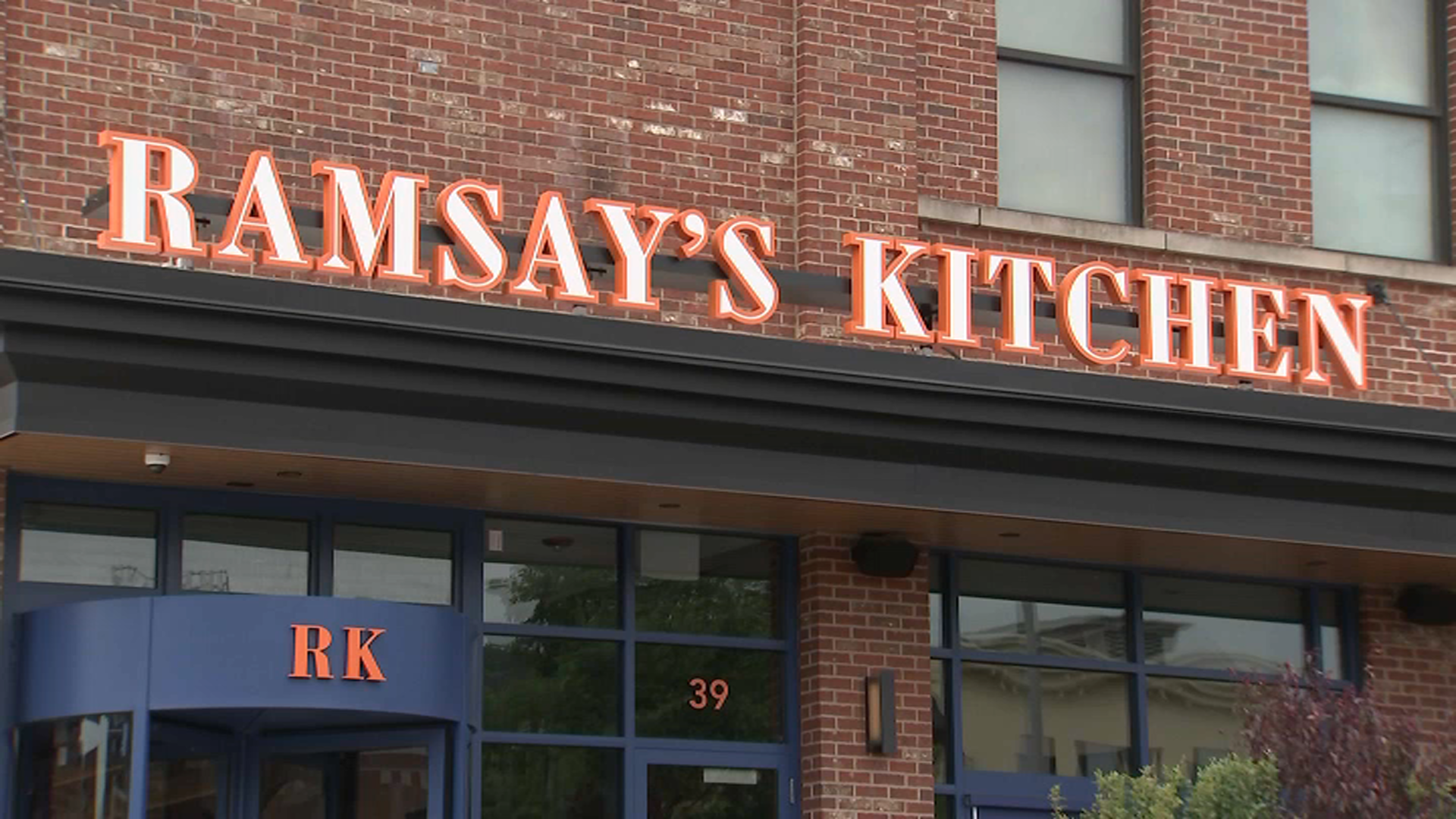Rodrigo Garcia knows a thing or two about running a treatment center for opioid addiction.
After all, he faced the nightmare of addiction himself.
“It was hydrocodone---pain pills,” he says. “Probably the first fatal mistake was not asking for help, was trying to deal with it on my own.”
A nurse anesthetist in Northwest Indiana, Garcia had begun taking pain pills after fracturing an ankle. And because of what he did for a living, he found what many medical professionals also discover: that a hospital atmosphere can provide a ready supply.
“There was medication available all the time,” he says. “There was a fair amount that was classified as waste medication that wasn’t used on patients, a pill here, or a pill there.”
His wife Claudia remembers those as tough times.
“I knew something was wrong and he was in denial and that’s very typical behavior when you’re in active addiction,” she says. “Finally someone spoke up and reported him and he was gone.”
Local
Through treatment, Garcia beat his addiction. But he and Claudia realized others in the medical profession might benefit from very specific treatment. The result was Parkdale Center near Chesterton, which they opened in 2015.
“We’ve treated almost 400 people who have come through here, most of them health care professionals,” he says. “Giving them the same resources and tools and support and re-entry advice and family support that we were afforded a long time ago.”
Parkdale is a residential center, designed to treat not only their clients’ physical dependency, but also the personal dimensions of addiction which can mean a lifetime of change.
“It’s not just Claudia and Rigo opened a treatment center,” she says. “But Claudia and Rigo have lived addiction, they have worked the program, and they understand.”
Parkdale’s medical director Dr. David Cummins says while the facility treats other kinds of professionals like lawyers and even airline pilots, health care workers face unique challenges.
“It’s as if I could tell them their own story,” he says. “You use a vial of 10 mg of a drug and you only needed 5, and there’s 5 to throw away---and in an addicted brain that doesn’t seem too big of a problem!”
Still, the one thing he says he always hears from patients, is a need to say that they never compromised their own patients’ care.
“I think it’s a big relief when they come here and realize that there’s other people like them,” he says. “We’ve had the war on drugs---it’s time for a war on addiction.”
Garcia calls Parkdale his gift back to the people who need it the most.
“Almost immediately we had a waiting list, which kind of speaks to the need for the service we are offering,” he says. “We’re a perfect testament of a helpless, hopeless cause turning into something that’s a real incredible blessing for us. And this is not unique. It’s available to anyone who wants it!”



